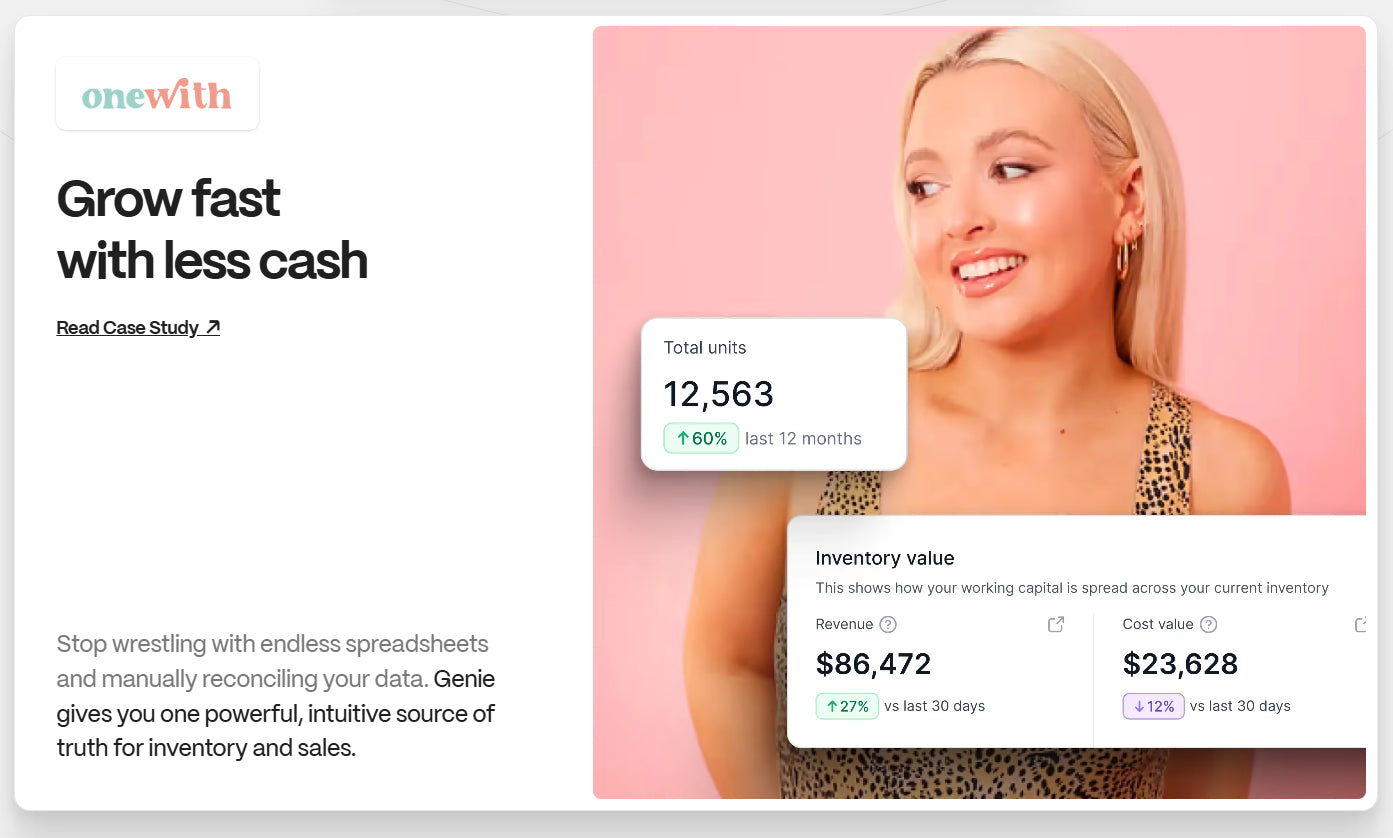The digital landscape, you know, keeps shifting, and with it, new technologies pop up, some of which really make us think. Lately, a name that's been getting quite a bit of chatter is clothoff.io, an online service that uses artificial intelligence to do some rather specific things with images. It's a platform that, frankly, has sparked a lot of discussion, and it's pretty important to get a clear picture of what it's all about, especially as AI tools become more common in our daily lives.
This particular application, clothoff.io, has drawn attention for various reasons, from its technical workings to the broader conversations it brings up about privacy and the ethical lines we draw with AI. We're talking about a site that, apparently, sees millions of visits each month, so it's not a small corner of the internet. It suggests, in a way, that many people are curious, or perhaps concerned, about what this kind of technology means for everyone.
So, we're going to take a closer look at clothoff.io. We'll explore what it claims to do, some of the ways it operates, and the bigger questions that come up when we talk about AI and image manipulation. It's a topic that, you know, touches on how we see digital content and what we expect from technology, especially when it comes to personal images.
- Games Like Summer Time Saga In Android
- Breckie Hill Naked
- Is Kendall Smith Still On Fox Weather
- T%C3%BCrk Tango If%C5%9Fa
- Gory Website
Table of Contents
- What is clothoff.io?
- The People Behind the Platform
- The Controversy and Ethical Questions
- AI and Image Generation: A Broader Look
- User Experiences and Alternatives
- Frequently Asked Questions About clothoff.io
- Staying Informed About AI and Privacy
What is clothoff.io?
When you visit clothoff.io, you'll see it invites users to, as they put it, "undress anyone using AI." This means the service uses artificial intelligence to modify images, specifically to create a version of a person's image as if they were without clothes. It's a rather direct description of what the app offers, and it's certainly a feature that gets people talking.
The website, you know, reportedly gets more than four million visits every month. That number, it seems, points to a significant amount of public interest in this kind of AI image alteration. It also highlights how quickly these types of tools can gain a following, even when they operate in a very sensitive area of technology.
This particular application, clothoff.io, falls into a category of AI tools that manipulate images to create what's often called deepfake pornography. This kind of content, you know, uses AI to superimpose or alter images to make it appear as though someone is doing something they aren't. It's a technology that has raised many serious concerns, as we will discuss.
The People Behind the Platform
One aspect of clothoff.io that has come to light involves the efforts its creators have made to keep their identities hidden. It's not uncommon for online services to have a degree of anonymity, but with an app like this, the level of disguise is something that gets noticed. This effort to stay anonymous, in a way, adds another layer to the discussion around the platform.
Reports indicate that payments made to clothoff.io led to a company registered in London. This company, apparently, is named Texture Oasis. The fact that transactions can be traced to a specific firm, even if it's just a registered name, offers a little insight into the structure behind the operation. It shows, too, that there are real-world entities connected to these online services.
The names linked to clothoff.io, as reported by sources like theguardian.com, further highlight the complexities involved in identifying the individuals responsible for such applications. It's a situation that, you know, makes it harder for the public or authorities to understand who is truly accountable. This anonymity, in some respects, complicates any efforts to address concerns about the app's use.
The Controversy and Ethical Questions
The very nature of clothoff.io, which allows users to "undress anyone using AI," brings up a lot of serious ethical questions. The creation of deepfake pornography, for example, often involves images of real people without their permission. This, you know, can have very damaging effects on individuals, affecting their privacy and their public image in profound ways.
There's a big discussion happening right now about AI-generated pornographic websites. Many of these sites, it seems, claim to have strict rules to prevent the AI from making images that are likely to contain harmful content. However, the existence of platforms like clothoff.io suggests that such rules are either not always in place or not always effective. It's a very real concern for many people.
The issue of consent is, arguably, at the heart of the controversy surrounding clothoff.io and similar tools. When AI is used to create images of people in ways they haven't agreed to, it raises questions about digital rights and personal boundaries. It's a topic that, you know, really challenges our ideas of what's acceptable online and what kind of protections people deserve.
AI and Image Generation: A Broader Look
Beyond clothoff.io, the field of AI image generation is growing very quickly. There are many AI tools that can create images from text descriptions, or even modify existing photos in creative ways. Some of these tools are free and offer impressive speed in generating pictures, making them widely accessible to anyone with an internet connection.
For instance, some might suggest looking at other AI options, like Muah AI. This is just one example of the many different AI image generators out there. Unlike some of the options that might charge a fee, certain platforms are absolutely free, and they can generate photos at an unbeatable speed. This accessibility, you know, is a big part of why AI image tools are becoming so popular.
The broader conversation around AI also includes how these tools are developed and used. The Python community, for example, is very active in discussing new packages and meta information related to the Python programming language, which is often used in AI development. Staying up to date with these discussions, in a way, helps people understand the technical side of how these AI tools come to be. It's a fast-moving area, to be honest.
User Experiences and Alternatives
When people talk about AI image generation, they often share their experiences with different tools. Some users might be looking for ways to "get rid of unnecessary things safely and for free" in their photos, which is a common and harmless use of image editing AI. This shows the wide range of applications for this technology, from simple photo clean-up to more complex alterations.
The popularity of AI tools is also evident in communities like those for Character AI, which has over a million subscribers on Reddit. This suggests that people are very interested in AI that can interact or create. Similarly, the Telegram bots community, with its 37,000 subscribers, shows how many people are sharing and discovering bots that other people have made. It's a very active space, you know.
While clothoff.io focuses on a specific type of image manipulation, there are many other AI tools that offer different features. Some might be about generating entirely new images, while others focus on editing existing ones. The variety means that users have many choices, and it's important to understand what each tool does and what its ethical implications might be. It's pretty much a wild west out there, in some respects.
Frequently Asked Questions About clothoff.io
Is clothoff.io legal?
The legality of platforms like clothoff.io is a complex issue that varies by region. Generally, creating or sharing non-consensual deepfake pornography can have serious legal consequences, including criminal charges. Laws are still catching up with this technology, but many countries are working to put rules in place to address the misuse of AI for such purposes. It's not a simple yes or no, you know.
How does clothoff.io work?
clothoff.io uses artificial intelligence algorithms trained on vast amounts of data to recognize patterns in images. When a user uploads a photo, the AI processes it to generate a modified version, effectively creating an image that appears to "undress" the person. This process relies on machine learning models that predict and create new pixels based on the original input. It's a pretty advanced process, actually.
Are there ethical alternatives to clothoff.io?
Yes, there are many AI image generation tools that focus on ethical and creative applications. These alternatives allow users to generate original artwork, modify photos for artistic purposes, or even create realistic images for design and marketing, all without infringing on privacy or creating harmful content. Many of these tools also have strict policies against generating explicit or non-consensual material. You know, there are good options out there.
Staying Informed About AI and Privacy
As AI technology continues to grow and change, it's really important for everyone to stay informed about its uses, both the good and the potentially harmful. The case of clothoff.io shows how quickly new applications can appear and how they can raise significant questions about privacy, consent, and digital ethics. It's a conversation that, you know, we all need to be a part of.
Understanding who is behind these platforms, like the company Texture Oasis linked to clothoff.io, helps us grasp the business side of these operations. This transparency, even if limited, is important for holding creators accountable for the tools they put out into the world. It’s pretty much about knowing what’s going on, to be honest.
Ultimately, the discussion around AI tools like clothoff.io is about more than just technology; it's about our values as a society and how we want to shape the digital future. Keeping up with the latest news and developments in AI, and participating in the public discussion, can help make sure that these powerful tools are used responsibly and with respect for everyone's rights. It's a big topic, and we're all, you know, figuring it out together.
Related Resources:



Detail Author:
- Name : Dr. Demetris Spencer
- Username : jacky.terry
- Email : schneider.vada@yahoo.com
- Birthdate : 1988-12-04
- Address : 9441 Wiegand Circle Apt. 598 West Madelynn, AR 94349
- Phone : (346) 962-5411
- Company : Welch Ltd
- Job : Real Estate Appraiser
- Bio : Esse veniam pariatur atque voluptatem qui eum vel. Aut velit ipsam ea quia maiores est asperiores. Officia provident id sequi placeat.
Socials
twitter:
- url : https://twitter.com/farrell2009
- username : farrell2009
- bio : Iure laudantium eum quas qui blanditiis aspernatur. Et blanditiis assumenda officia dolorem veniam quia. Magnam sit explicabo distinctio earum.
- followers : 5885
- following : 2343
facebook:
- url : https://facebook.com/lfarrell
- username : lfarrell
- bio : Ipsum molestiae voluptas animi repudiandae ut quas vitae.
- followers : 4214
- following : 944
tiktok:
- url : https://tiktok.com/@lempi_xx
- username : lempi_xx
- bio : Ab ut voluptatum accusamus accusantium id laboriosam tenetur tempore.
- followers : 5643
- following : 648
instagram:
- url : https://instagram.com/lempi_farrell
- username : lempi_farrell
- bio : Iste dignissimos quam fugiat voluptas consequuntur. Et soluta natus optio et quia et eos.
- followers : 2683
- following : 2512
linkedin:
- url : https://linkedin.com/in/lempi1104
- username : lempi1104
- bio : Sit aliquam quae ducimus voluptas voluptate.
- followers : 3003
- following : 628